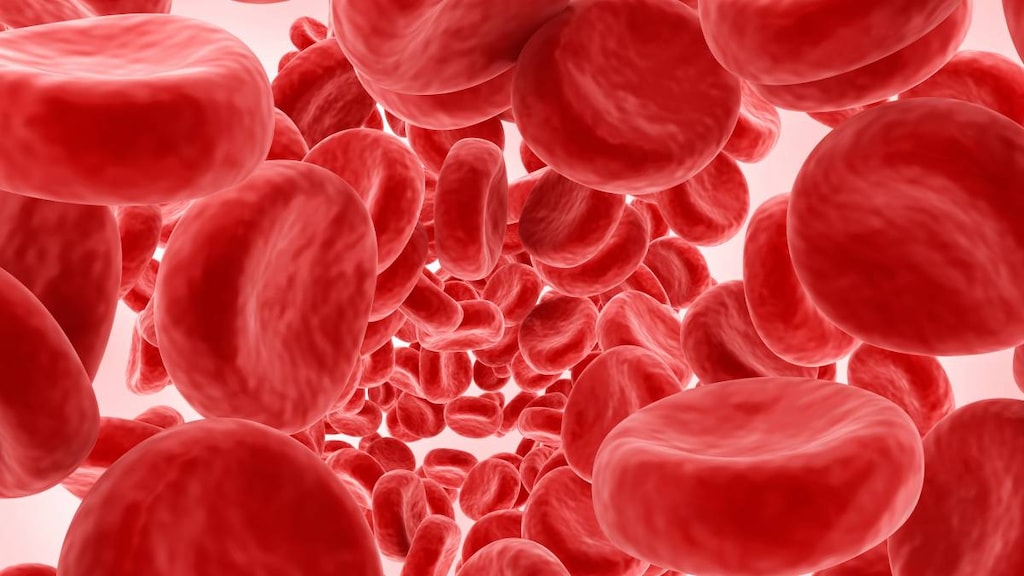
What is thalassemia?
Thalassemia is a disorder of the blood passed down through families (inherited) in which the body makes an abnormal form or less hemoglobin than normal and fewer red blood cells.
Hemoglobin is an iron-rich protein that is responsible for transporting oxygen in the blood and the disorder results in large numbers of red blood cells being destroyed, which leads to anemia.
What causes thalassemia?
Hemoglobin is made up of two alpha protein chains and two beta protein chains. Thalassemia is caused by a gene defect that helps control the production of one of these protein chains, so there are two main types of thalassemia:
- Alpha thalassemia: The missing or changed gene or genes are associated with the alpha-globin protein. Most often occurs in people from Africa, China, the Middle East or Southeast Asia
- Beta thalassemia: The missing or changed gene or genes are associated with the beta-globin protein. Most often occurs in people of Mediterranean origin.
Each type has many different subtypes, and both alpha and beta thalassemia have a major (the gene defect is inherited from both parents) and minor subtype (the gene defect is inherited from one parent). People with the minor subtype are carriers of the disease and usually do not have symptoms.
Cooley anemia is another name for beta thalassemia major.
What are the symptoms of thalassemia?
Symptoms of thalassemia include those typically seen with most type of anemia and include:
- Fatigue
- Chest pain
- Cold hands and feet
- Headache, dizziness, or lightheadedness
- Pale skin
- Shortness of breath
- Weakness.
Other symptoms of thalassemia may include:
- Abdominal swelling
- Bone deformities, especially in the face
- Dark urine
- Delayed growth and development.
Some babies show signs and symptoms of thalassemia at birth while other children may develop them in the first two years or during late childhood or early adolescence. Some people with only one affected hemoglobin gene don't experience any thalassemia symptoms.
How is thalassemia treated?
People with mild thalassemia may not need treatment but those with a more severe form of the disorder may need regular blood transfusions.
Some people are also given additional medications to treat iron overload caused by blood transfusions.




